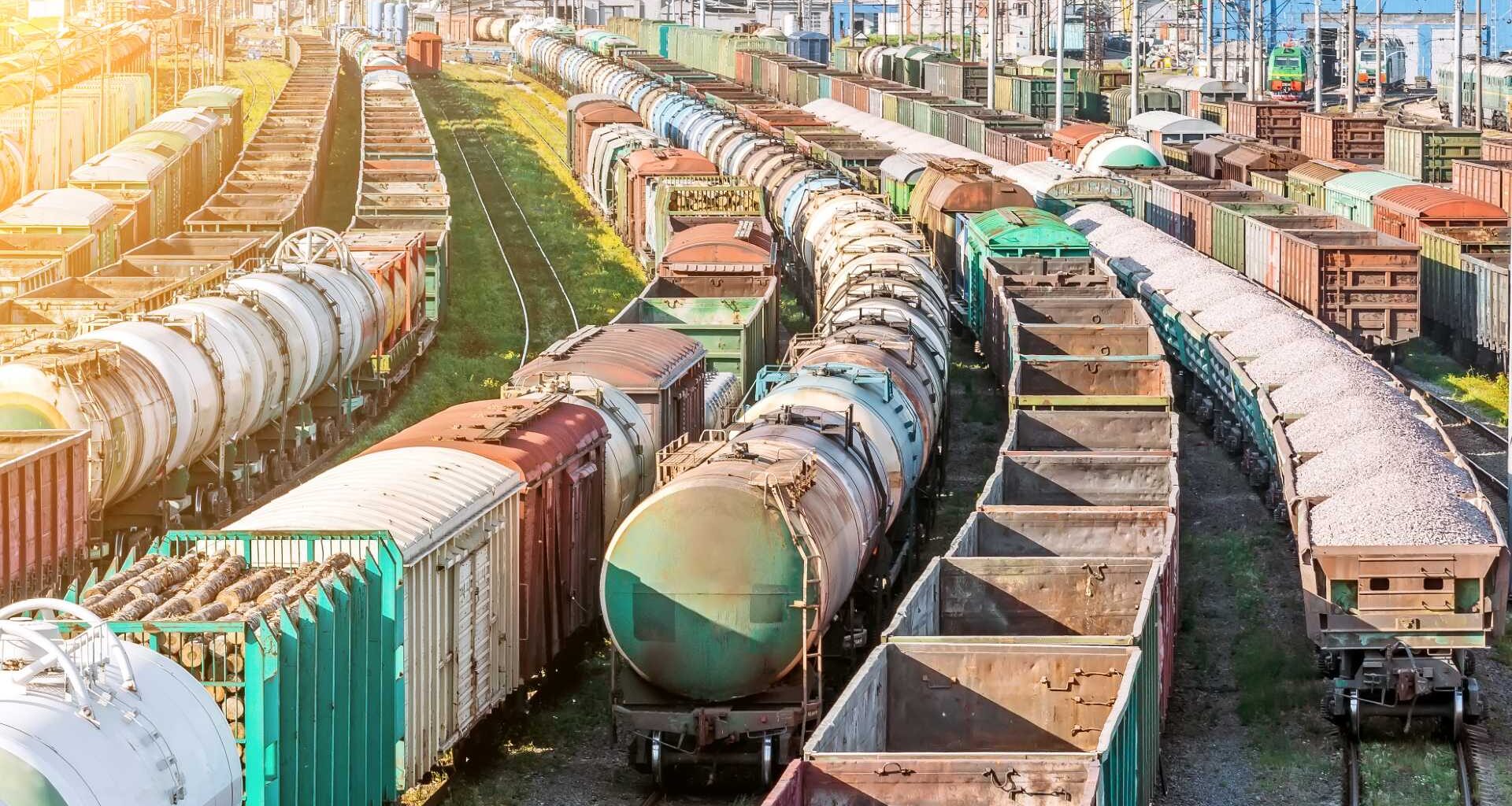With Africa’s oil production projected to reach 7 billion barrels by late 2025, modernizing trade corridors is becoming increasingly critical to ensure reliable energy supply to landlocked countries. The African Development Bank (AfDB) announced in March 2025 that it has financed 25 transport corridors across the continent over the past ten years, including the construction of more than 18,000 km of roads, 27 border posts and 16 bridges. These projects are key to improving regional connectivity and economic integration, particularly in facilitating the transport of refined petroleum products to strengthen energy security.
Lobito Corridor
The Lobito Corridor is a 1,300-km rail link connecting Angola’s port of Lobito to the mineral-rich Copperbelt in the Democratic Republic of Congo and Zambia. The corridor is designed to accelerate exports of copper, cobalt and other critical minerals, providing a shorter, cost-effective alternative to southern routes. In August 2025, Zambia’s national electricity utility, ZESCO, established a joint venture with Anzana Electric Group to provide first-time grid connections for nearly two million Zambians along the Lobito Corridor by 2030.
Current investments for the Lobito Corridor include over €550 million in rail infrastructure, rolling stock and modernization. Lobito Atlantic Railway – the operator – is in late stages of finalizing a $533 million loan with the U.S. Development Finance Institution by the end of 2025, with aims to upgrade the rail component in Angola. By 2026, cargo volumes are expected to double, with long-term targets expected to reach 1.5 million tons annually. Future expansion includes extending the line into Zambia, with feasibility studies underway.
Douala-N’Djamena Corridor
The Douala-N’Djamena Corridor connects the port of Douala in Cameroon to Ndjamena in Chad and Bangui in the Central African Republic. The corridor plays a pivotal role in importing refined petroleum products to landlocked Chad and Central African Republic. In March 2025, the AfDB approved approximately €330 million to rehabilitate the Ngaoundéré-Garoua section. Additionally, the EU is investing €40 million to modernize the corridor to reduce costs and delays.
Dakar-Bamako-Ouagadougou Corridor
The corridor linking Dakar in Senegal to Bamako in Mali and Ouagadougou in Burkina Faso is an important trade and logistics axis, notably for exporting fuel and refined products to landlocked Mali and Burkina Faso. The Diéma–Sandaré road component is being paved under a World Bank–funded program, aimed at improving access, reducing transit times and lowering transportation costs. Additionally, there is growing interest in modernizing and extending rail lines between Dakar and Bamako to support iron ore mining and bulk transport.
East African Corridor
The East African Corridor is a trade and transport route connecting Kenya’s port of Mombasa to inland markets in Uganda, Rwanda and South Sudan. A refined petroleum products pipeline between Mombasa and Nairobi is currently operational, reducing reliance on fuel trucks, while the Standard Gauge Railway expansion is planned to improve bulk transport. The corridor is critical for moving energy inputs, mining outputs and industrial commodities, lowering costs and transit times. It also supports regional integration and trade efficiency, strengthening East Africa’s capacity to export minerals and distribute refined petroleum products to landlocked nations.
Lagos–Cotonou–Niamey Corridor
The Lagos–Cotonou–Niamey Corridor is a trade route connecting Nigeria, Benin and Niger. Under the EU’s Global Gateway Initiative, the corridor supports the Economic Community of West African States’ strategic infrastructure plans by improving regional connectivity and economic integration. It serves as a critical link for Niger’s mining sector, which relies on the route for exporting minerals such as gold and uranium. Additionally, the corridor supports the import of refined petroleum products to Niger and northern Nigeria. The Cotonou–Niamey Corridor Operations Efficiency Project, funded by the development organization Millennium Challenge Corporation, aims to reduce transport costs and enhance customs efficiency. This project is expected to benefit over 1.6 million people by improving road conditions, streamlining customs procedures and modernizing transport operations.
